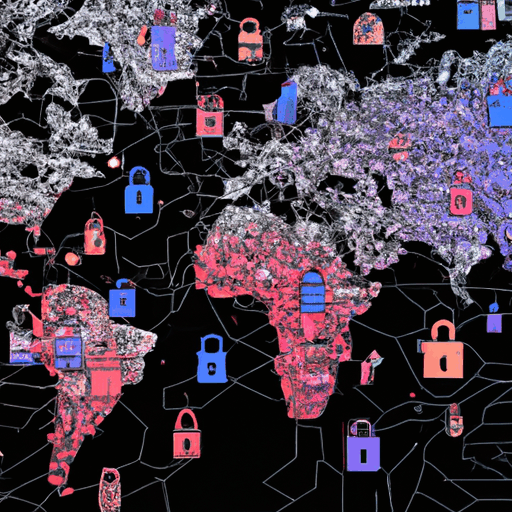
Crypto Heists Surge to $2.1 Billion in 2025 Amid Sophisticated Attacks
By: Isha Das
In the first half of 2025, the cryptocurrency industry has witnessed an alarming increase in cyberattacks, resulting in losses exceeding $2.1 billion, as reported by a blockchain intelligence firm, TRM Labs. This figure represents a sizeable 10% uptick compared to the previous record of $2 billion in 2022 and closely aligns with the total losses of 2024. Notably, a single colossal incident in February involving $1.5 billion in theft from Bybit accounted for nearly 70% of this year's crypto heists, signaling significant security vulnerabilities in the sector.
Beyond this major breach, the months of January, April, May, and June all reported over $100 million in damages stemming from various individual attacks. Without the massive Bybit incident, the losses might have been closer to $600 million, the lowest mid-year figure seen in years, as stated by TRM Labs. The average theft size during this period reached almost $30 million, a sharp increase from the $15 million average in the corresponding timeframe of the previous year.
State-backed hackers have notably intensified their activities, with groups linked to North Korea at the forefront. These groups were responsible for approximately $1.6 billion of total stolen assets, including the Bybit hack. The funds are believed to fuel state initiatives, including military and nuclear programs, as the entities attempt to circumvent international sanctions. Other state-linked attackers are emerging, including a notable incident where hackers associated with Israel targeted Iran's leading crypto exchange, Nobitex, resulting in a $90 million loss.
Infrastructure-related weaknesses played a predominant role in these attacks. Over 80% of the heists were due to stolen private keys, compromised seed phrases, and breached front-end interfaces. Decentralized Finance (DeFi) platforms were not immune either, with about 12% of the attacks targeting protocol-level vulnerabilities like flash loan manipulations. Insights from South Korean cybersecurity officials highlight how North Korean groups are automating crypto thefts using AI tools such as ChatGPT. This automation facilitates swift transfer of funds from compromised accounts, indicating a complex convergence of technology and geopolitical motives in the digital currency arena.



